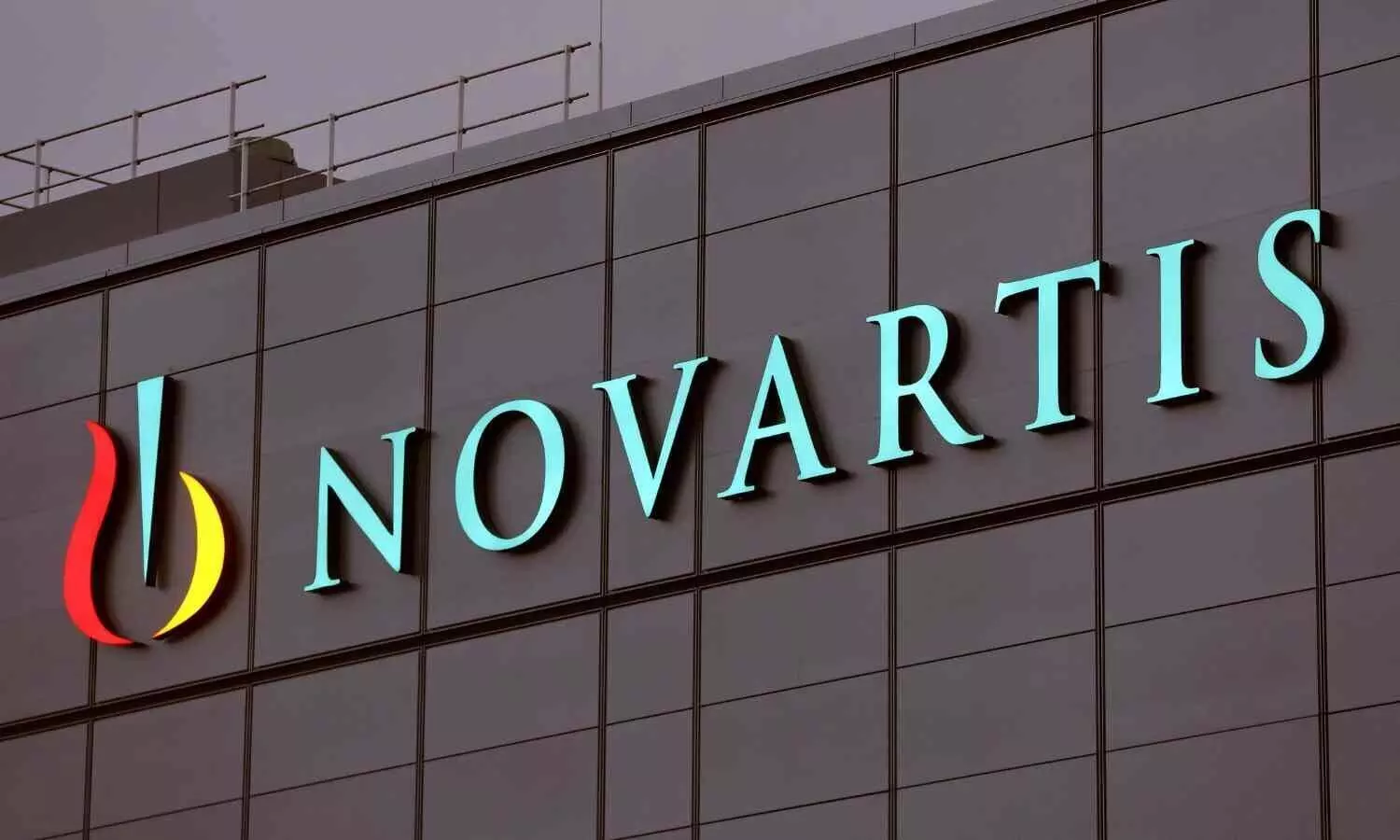CDSCO Panel Approves Novartis’ Protocol Amendment proposal for Iptacopan Clinical study in Kidney Disorders

New Delhi: The Subject Expert Committee (SEC) functional under the Central Drug Standard Control Organisation (CDSCO) has approved the proposal presented by Novartis Healthcare for protocol amendment of the clinical trial protocol titled “A Phase IIIb clinical trial, an open-label, non-randomized extension study, investigating the long-term efficacy, safety, and tolerability of iptacopan (LNP023) in patients with C3 glomerulopathy or idiopathic immune-complex-membranoproliferative glomerulonephritis.”
This came after the firm presented protocol amendment version 04 dated 30 Nov 2023 protocol no. CLNP023B12001B.
Iptacopan is an oral medication used to treat paroxysmal nocturnal hemoglobinuria (PNH) and to reduce proteinuria in certain kidney diseases like primary immunoglobulin A nephropathy (IgAN) and complement 3 glomerulopathy (C3G). It works by inhibiting complement factor B, a protein involved in the alternative complement pathway, which is overactive in these conditions.
Iptacopan’s mechanism of action involves inhibiting the alternative complement pathway by binding to Factor B, which is a key component of this pathway. This inhibition prevents the formation of C3 convertase, a critical enzyme in the complement cascade, thereby limiting the cleavage of C3 and the downstream generation of other complement components like C5 convertase and the membrane attack complex. By preventing these downstream effects, iptacopan helps to control both extravascular and intravascular hemolysis in conditions like paroxysmal nocturnal hemoglobinuria (PNH).
At the recent SEC meeting for Renal, the expert panel reviewed the protocol amendment version 04 dated 30 Nov 2023 protocol no. CLNP023B12001B.
After detailed deliberation, the committee recommended approval of the protocol amendment as presented by the firm.
